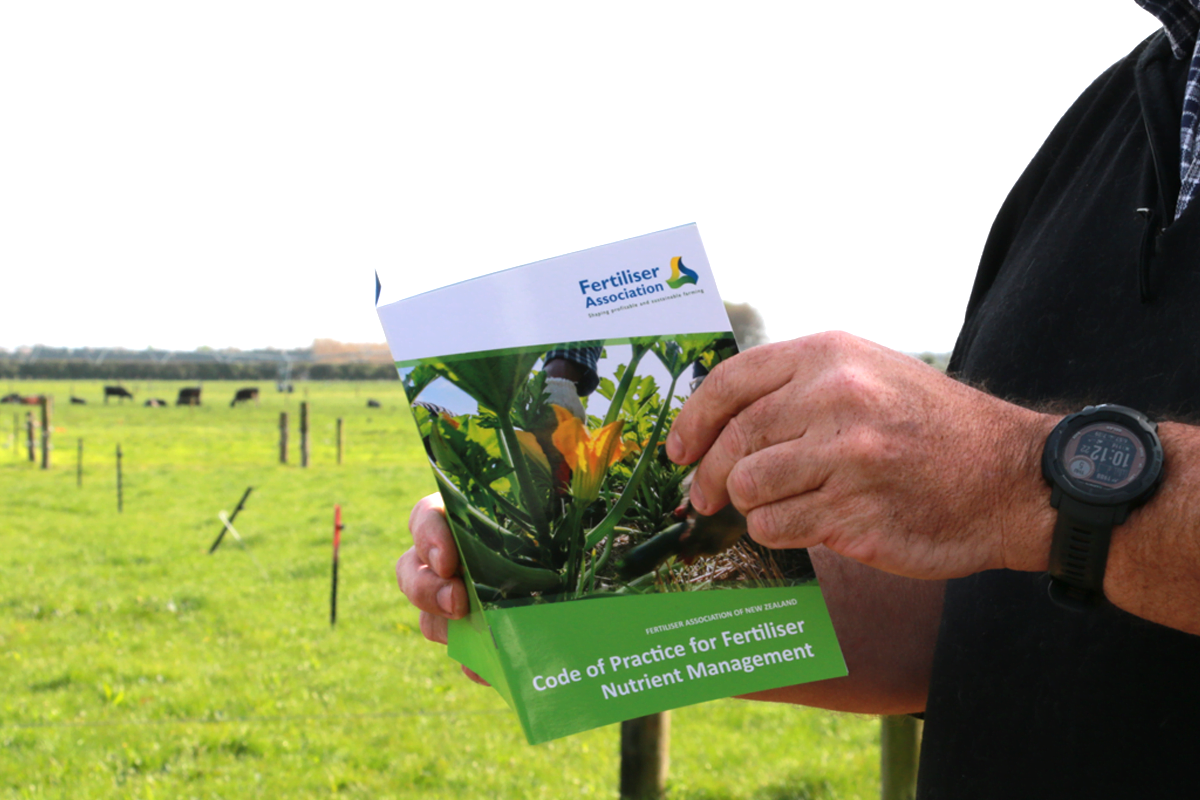Incorporating Māori values into land management decision tools
June 2020
Publication: New Zealand Journal of Marine and Freshwater Research
Author(s): S. Crow, G. Tipa, K. Nelson, A. Whitehead
Environmental sustainability and the long-term wellbeing of Māori (the indigenous people of New Zealand) are interdependent and degradation of landscapes risks the progressive degradation of Māori wellbeing. The present study developed an analysis framework based on Ki Uta Ki Tai (holistic mountains to the sea management philosophy advocated by Ngāi Tahu) for exploring relationships between landcover and Māori values to enable predictions of cultural values through space and time.
We used this framework to predict how two Māori values (Overall Health and Cultural Land Use) have been altered as a result of landcover change between 2001–2012 in three Canterbury catchments. The area of native vegetation declined while exotic pasture increased between 2001–2012, and there were corresponding declines in both cultural health scores. These results suggest that the change in landcover has reduced the ability of the landscape to support Māori values. This framework for assessing changes in Māori values with respect to changing environmental conditions may identify opportunities for Māori to better engage in land use management decisions.
 View Our Strategy Document 2019 – 2024
View Our Strategy Document 2019 – 2024



